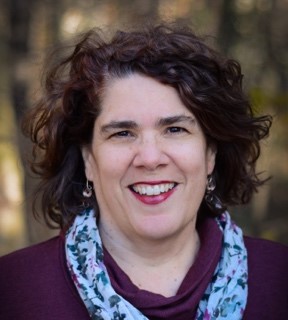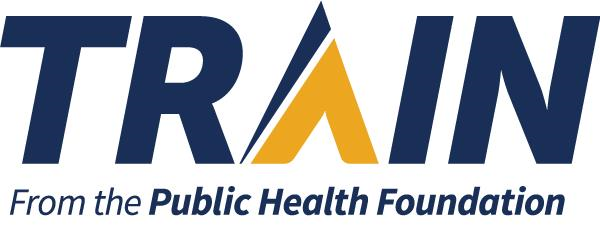Webinar: Using Systems Thinking Tools and Coaching in Public Health – Stories From the Field
About this Webinar
The fast pace and pressures experienced in public health often demand short term and immediate actions without thoughtful consideration of the long-term effects. When people are able to look at situations from a bigger picture, systems view, it allows them to make higher quality decisions and minimizes unintended consequences. One of the most significant contributions to building this capacity is Systems Thinking.
Systems Thinking is a practical, results-oriented approach for better understanding the underlying causes of complex issues. This webinar will introduce systems thinking tools and present two recent examples of public health teams who have engaged with systems thinking tools and received coaching, with very positive results!
- Example 1: one of of three teams coached from the Vermont Department of Health that focused on reducing the case processing backlog in their Cancer Registry Department
- Example 2: one of five teams coached from NNPHI’s Strategic Scholars Program that focused on the challenges local health departments have in prioritizing and integrating behavioral health services
If you would prefer to enroll through TRAIN, please find the login information below and register using the TRAIN button.
TRAIN: https://www.train.org/main/course/1088010/live_event
Course ID 1088010
What you’ll learn
At the end of the course, participants will be able to:
- Define systems thinking
- Explain the Iceberg Model and Ladder of Inference
- Give an example of an improvement by a public health team using systems thinking coaching
Subject Matter Expert
 Julia Ross, Systems Thinking Consultant
Julia Ross, Systems Thinking Consultant
Julia Ross has been working in the field of systems thinking and systems change for over 30 years. The primary focus of her work today is building the capacity of individuals, teams, and multi-stakeholder groups in using a systems thinking approach in dealing with complex issues and creating sustainable results. She strives to make systems thinking easy to understand, accessible and directly applicable to organizational life. She has extensive experience training, coaching and consulting in local government, education, public health and health care systems.

